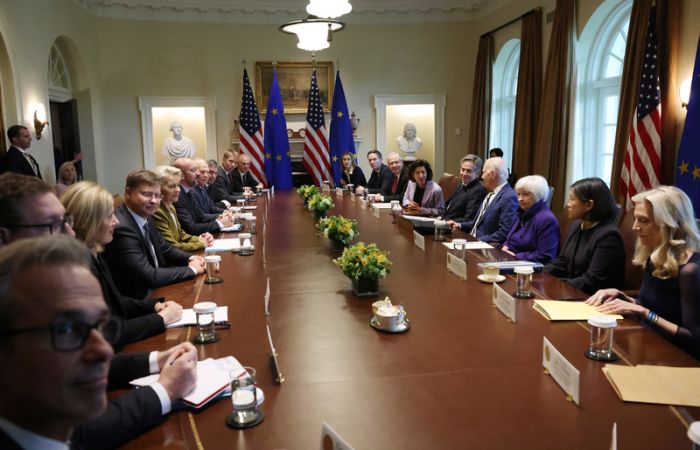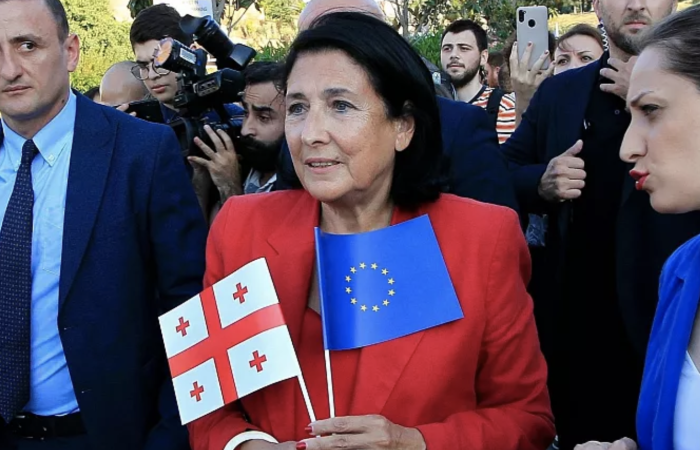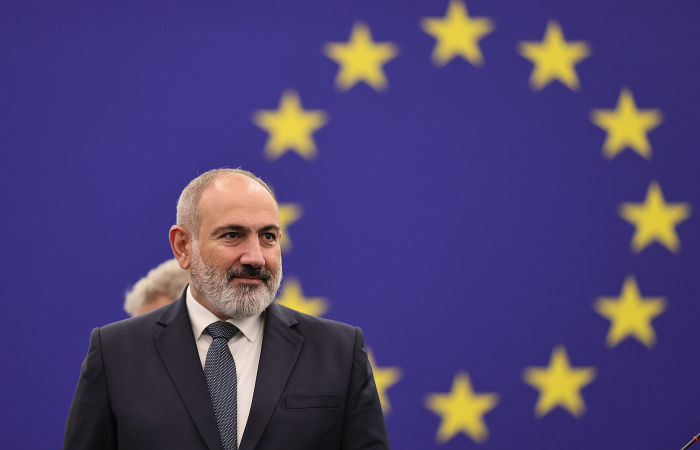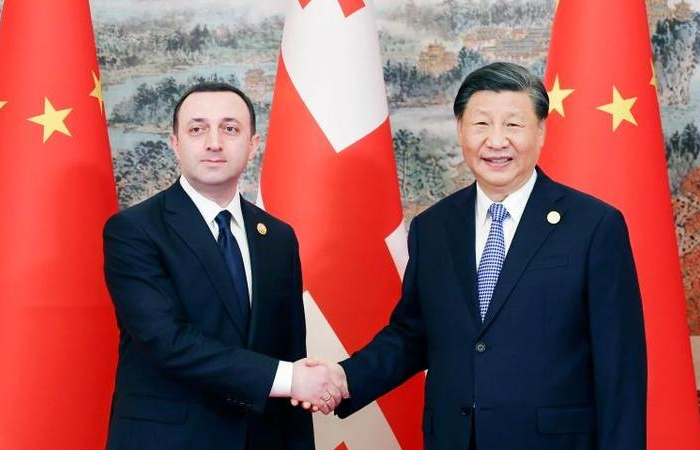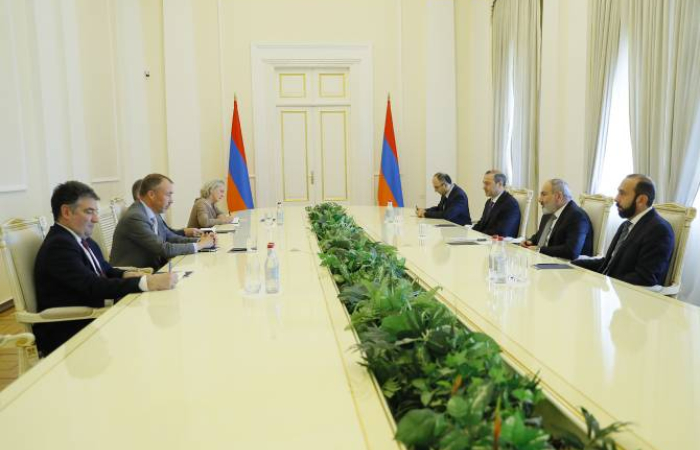Trending
EU and US leaders say they are "bound together by the most dynamic relationship on earth"
23 October 2023
A summit between the US and the EU has re-affirmed the resilience of the transatlantic relationship at a time of increased global turmoil. On Friday (20 October), EU leaders, notably the President of the European Council, Charles Michel, the President of the European Commission, Ursula von der Leyen, and the High Representative of the European Union for Foreign Affairs and Security Policy, Josep Borrell, met with US President, Joe Biden, and the US Secretary of State, Antony Blinken, in Washington DC.
The summit was an opportunity to review the close transatlantic partnership and areas of cooperation within the partnership. At the end of the summit the leaders adopted a joint statement, which includes a roadmap to underpin and further strengthen the relationship for years to come. A statement issued at the end of the meeting said:
Representing nearly 800 million citizens, united by our values and bound together by the most dynamic relationship on earth, we reaffirm our commitment to a transatlantic partnership that delivers for all our people.
The statement added that the EU and the US are close and like-minded partners that share a strong bond and a commitment to a rules-based international order and effective multilateralism. The summit also discussed global issues, including Africa, the Balkans, the Caucasus and the Indo-Pacific Region.
On the Caucasus, the summit statement said that the EU and the US remain fully committed to supporting Georgia’s territorial integrity and sovereignty, and its European perspective. They also said that they remain committed to advancing a lasting peace between Armenia and Azerbaijan based on mutual recognition of sovereignty, inviolability of borders and territorial integrity. We urge Azerbaijan to ensure the rights and security of those who remain in Nagorno-Karabakh as well as for those who wish to return to their homes. We also call for all parties to adhere to the principle of non-use of force and threat of use of force.



